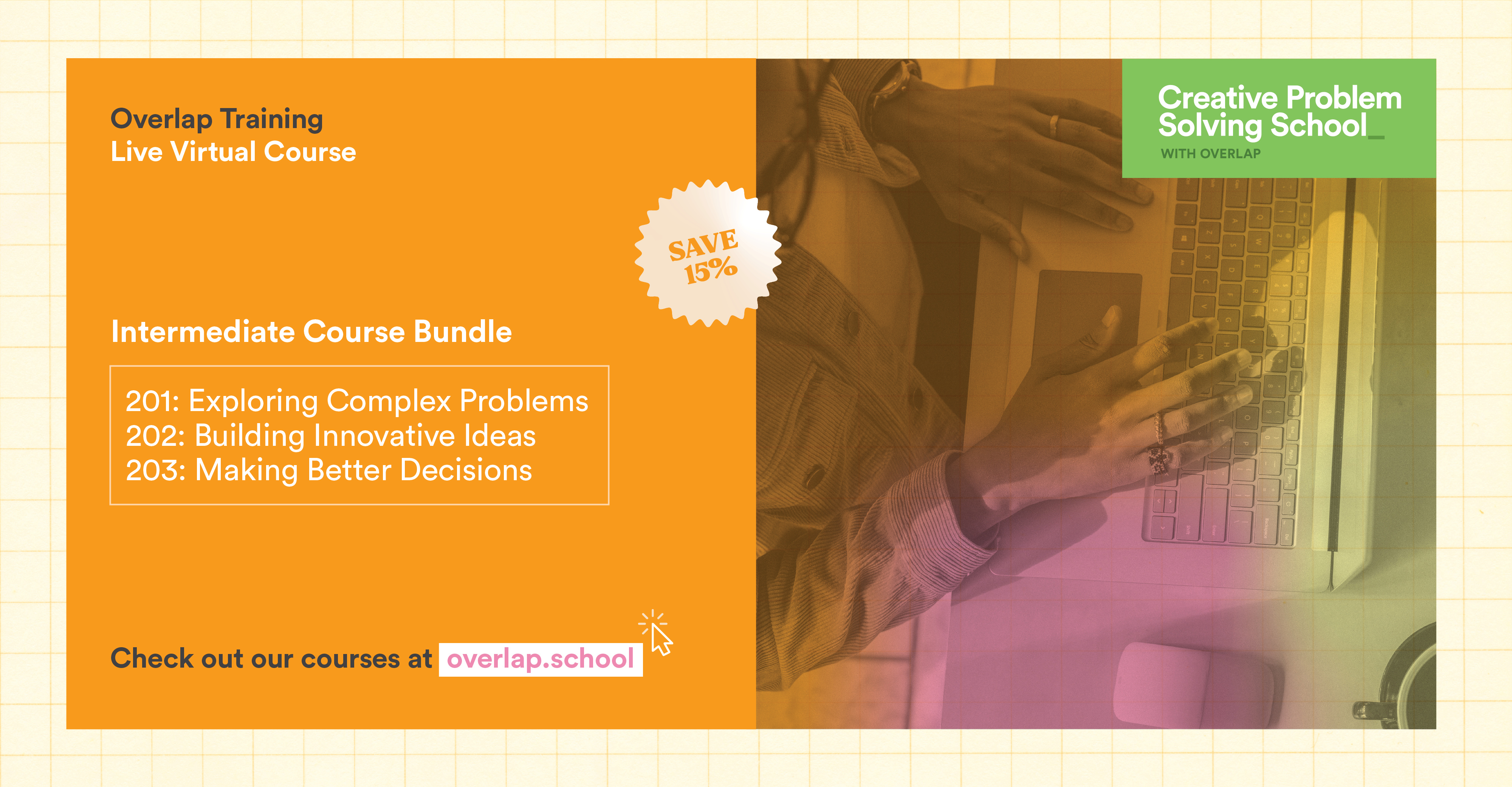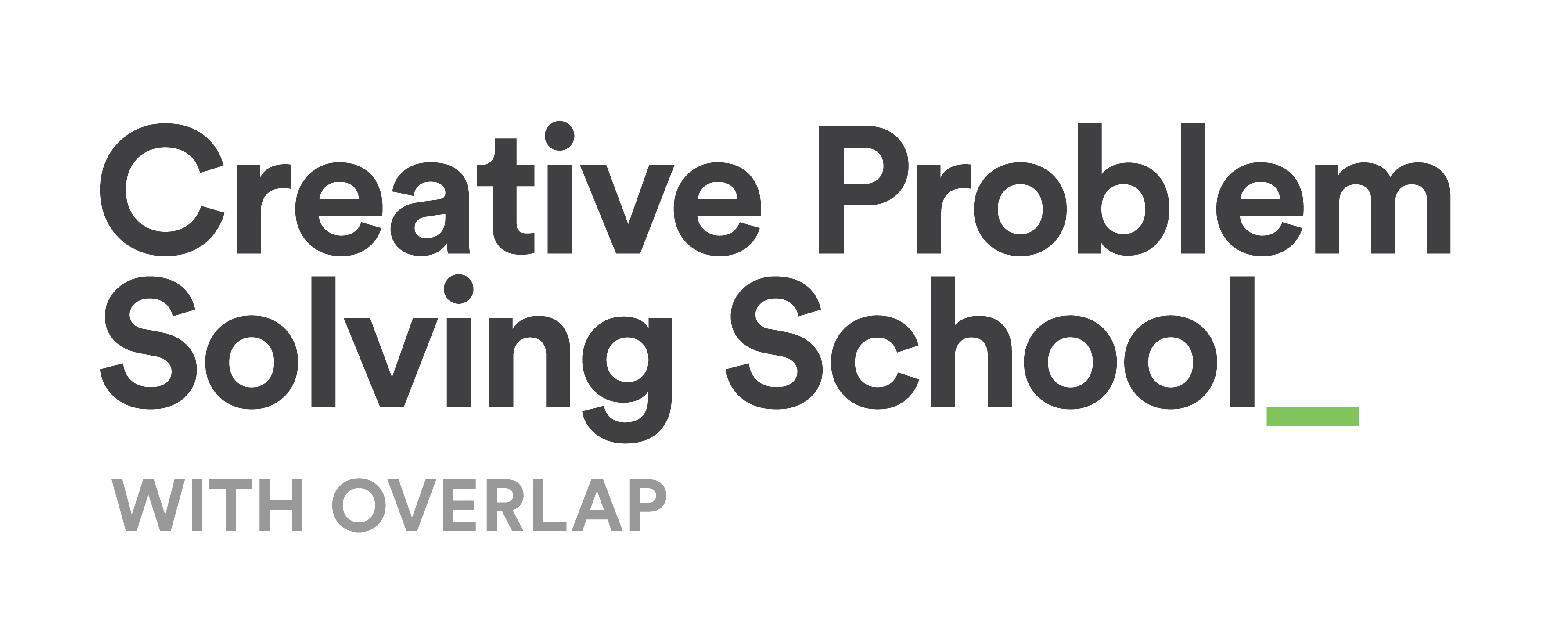About the course
You’ve completed some human-centred research, but you can’t do research forever. It puts off doing something. In ideation—an uncommon word meaning idea generation—you work on what you’re going to do about the needs you’ve discovered, and how you can solve real problems for real people. If you don’t do a good job on ideation, you lessen your ability to come up with a great solution.
Coming up with an idea is very different from building an idea. A Prototype is a way of embodying decisions so you can talk about them and make them better. More effective than simply piloting an idea, prototyping identifies what works and what doesn’t about your idea before you waste implementation dollars going down the wrong path.
In this course, you’ll dive deep into the Ideate and Prototype phases of the human-centred design cycle.
Modules
Principle of ideation and prototyping
Learn about best practices in ideation. Generating ideas is a learnable, practicable skill that everyone can get good at. You’ll also discover the ways that designers build constantly, the decisions to consider in the process, prototyping principles, and tips along the way.
Hands on with ideation and prototyping tools
A hands-on session where you will use a variety of modes such as sketching, storyboarding and building to make tangible representations of your ideas—to get them out of your head—in a way that allows you to maximize opportunities for useful feedback.
Learning Outcomes
By the end of this course, you should be able to more confidently jump into the Ideate or Prototype stages of the design cycle with deeper knowledge of foundational strategies as well as concrete tools for success.
What you will learn:
- The power of ideation: how strong ideation practices support the discovery of the best solutions for stakeholders
- Practices to ensure you are making the most of many minds in ideation: how to ensure diverse perspectives are included
- Considerations when prototyping and inspiration for different modes that can be used: how prototyping is a critical vehicle for learning
Building Innovative Ideas
Creative Problem Solving: 202
(Live Online Cohort)
Nov 29 & Dec 1, 2022
9am-12pm EST

Planning to take all three of our Level 200 courses? You can save over 15% by registering for all 3 courses at the same time with our new Intermediate Problem Solving Bundle!

